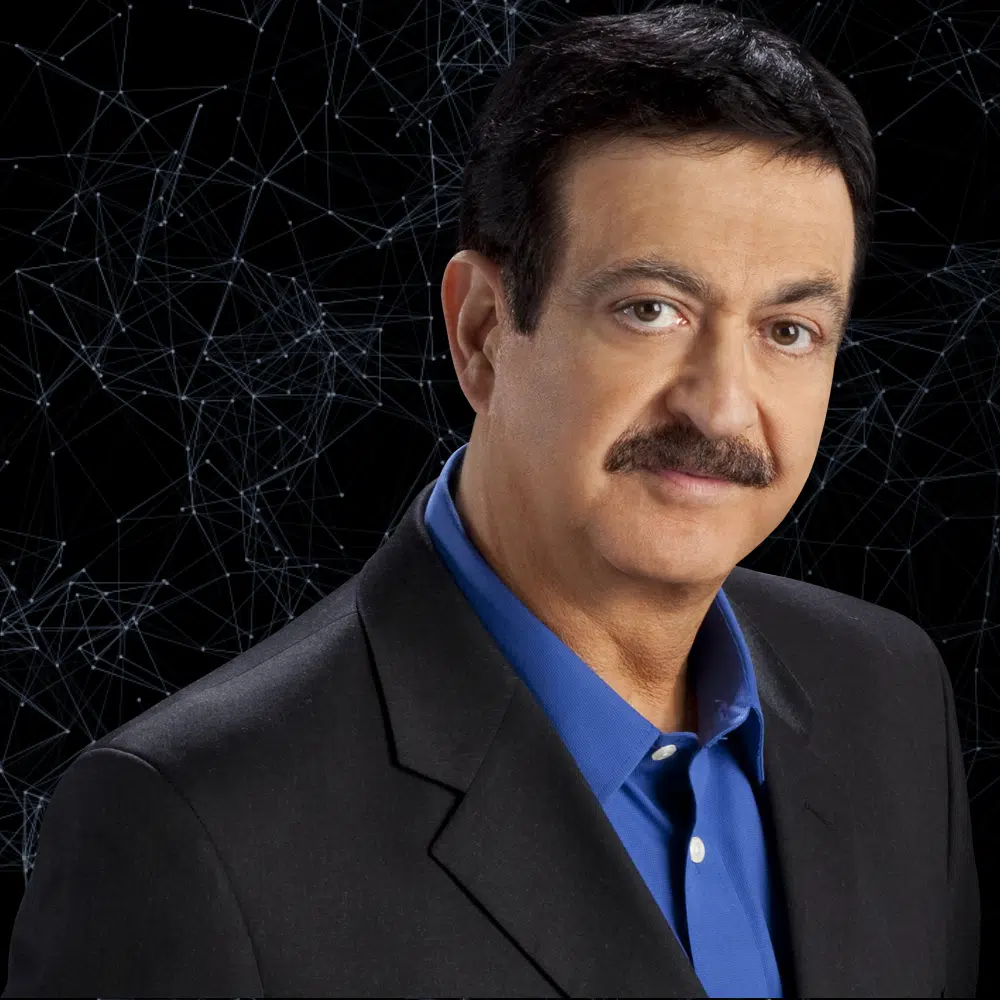MOSCOW (Reuters) – A Moscow court placed Konstantin Gabov, a Russian journalist, in pre-trial detention for two months on Saturday after state prosecutors accused him of taking part in the activities of an extremist organisation.
Moscow’s Basmanny court said in a statement that Gabov had prepared video and photographic material for a YouTube channel, “Navalny Live”, run by allies of late opposition politician Alexei Navalny, who died in an Arctic prison in February.
It did not provide further details. A spokeswoman for the Navalny movement did not respond to a request for comment.
Neither Gabov nor his lawyer could be reached for comment.
Gabov was shown on video footage pacing a courtroom cage with his arms folded. He has worked for various foreign and Russian news outlets in recent years including Reuters and German broadcaster Deutsche Welle.
Gabov will remain in pre-trial detention until June 27, the statement, released via the official Telegram channel for the Russian capital’s courts, said.
The charge he is accused of carries a jail sentence of up to six years. Unverified video circulated on Telegram showed two law enforcement officers bursting into his apartment with automatic rifles shouting at him to get on the floor.
The court statement noted that Russian authorities have designated the Anti-Corruption Foundation, the organisation run by Navalny’s allies which broadcasts on the YouTube channel from outside Russia, as a “foreign agent” and as an extremist organisation whose activities are outlawed inside Russia.
The same statement described Gabov as a producer for the Reuters news agency.
Reuters said in its own statement: “Gabov is a freelance journalist who in the past occasionally contributed to the Reuters news file. He does not do any work for Reuters at this time.”
“Journalists must be free to report the news in the public interest without harassment or harm, wherever they are,” Reuters said.
German broadcaster Deutsche Welle said in a story on its website that he had worked as its correspondent in Moscow. Deutsche Welle’s press office did not reply to a request for comment.
Russian media reported that during a search of his apartment, a letter dated April 11 of this year was found which confirmed that Gabov had worked with Radio Free Europe/Radio Liberty (RFE/RL)’s Current Time network since July 1 2022.
Prague-based RFE, which is funded by the U.S. Congress and is itself designated “a foreign agent” by Russia on the grounds it gets foreign funding for activity Moscow deems political, did not immediately respond to a request for comment.
RFE says on its website that its mission is to promote democratic values by reporting uncensored news “in countries where a free press is threatened and disinformation is pervasive”.
The Russian police did not respond to a request for comment.
The same Moscow court placed another journalist, Antonina Favorskaya, a journalist for the SOTA online news outlet, which is designated as a foreign agent in Russia, in pre-trial detention on March 29 for two months in a case related to her alleged links to Navalny’s Anti-Corruption Foundation. Favorskaya was reported by the RBK news outlet to have called the allegations absurd.
SOTA did not immediately reply to a request for comment.
Russian authorities have banned Navalny’s movement as extremist and have cast the late politician as a U.S.-backed troublemaker out to foment revolution in order to destabilise Russia.
Navalny’s allies have alleged that President Vladimir Putin ordered Navalny to be killed in February and have pledged to provide evidence to back their claim. The Kremlin denies any state involvement in his death.
The Wall Street Journal reported on Saturday, citing people familiar with the matter, that U.S. intelligence services had concluded that Putin had probably not ordered Navalny to be killed in February.
Many Russian journalists working for non-state outlets fled the country after Moscow sent troops into Ukraine in February 2022 and introduced tough new laws which mandated jail terms for people deemed to have discredited the Russian army or to be distributing what the authorities regard as fake news about the military.
(Reporting by Reuters; Editing by Frances Kerry)




Comments